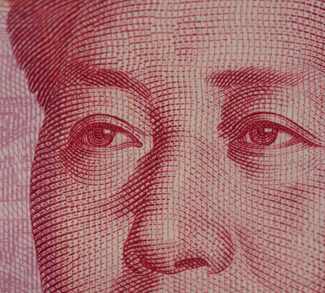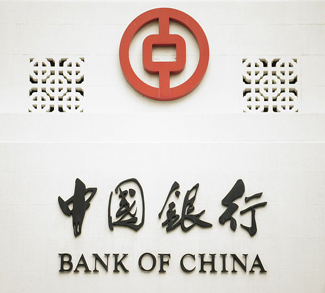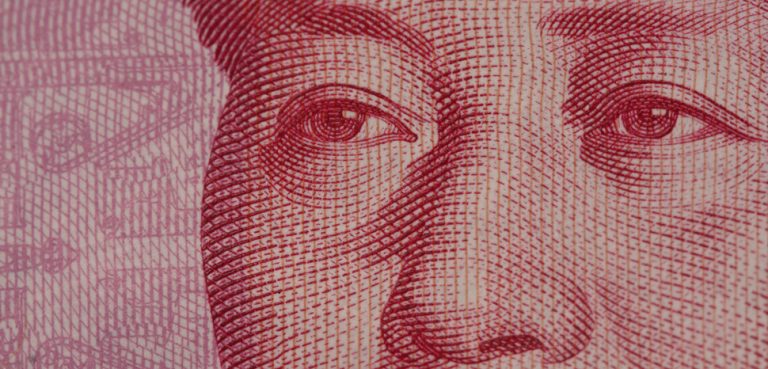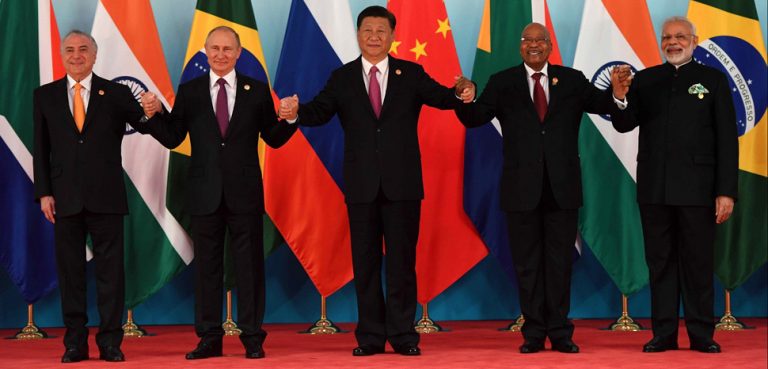Equities kicked off 2016 on a sour note, as markets in Europe and North America took their cues from a stock market rout in China, where the Shanghai Composite lost 6.9%, the Shenzen Composite 8%, and the blue-chip CSI 300 7%. The selloff deep enough to trigger a circuit-breaker that brings a halt to trading when losses exceed 7%.
These steep declines harkened back to a 2015 equity crash that the Chinese authorities would rather forget. They also elicited similar policy responses. Before trading began on Tuesday, it was announced that the People’s Bank of China (PBoC) had injected around $20 billion worth of liquidity into the market in the form of short-term loans. Behind the scenes rumors are swirling of local governments and state-owned entities being encouraged once again to buy up local stocks and stem the bleed. A six-month ban on selling by major stockholders from last July is all but certain to be extended again. It was originally set to expire this Friday.
Tuesday saw up-and-down trading on the Shanghai Composite, which dropped as much as 3% before bouncing back to end the day down half a percentage point.
More losses could be looming around the corner though, according to some analysts. Hao Hong – economist at Bocom International Holdings Co., and one of the few analysts to predict last year’s equity rout – put the Shanghai Composite’s true value at 2,900 in a December interview. This would mean several more brutal days on the trading floor, even after Monday’s big losses.
Beijing’s Fine Line
The Chinese government faces a dilemma. It wants to transition to a more market-based economy, because that’s the only way to take the next step and increase Chinese domestic consumption and per-capita income. But doing so will involve some hard choices and economic pain, and this is a government that is extremely sensitive to any sharp economic downturn that could develop into a political crisis. In other words, Beijing lacks the confidence to step back and let the chips fall where they may. And because of this, it has become impulsive in its interventions into the country’s equity markets, so much so that the Chinese Communist Party is now unquestioningly the ultimate arbiter of boom or bust – not the country’s actual economic fundamentals.




